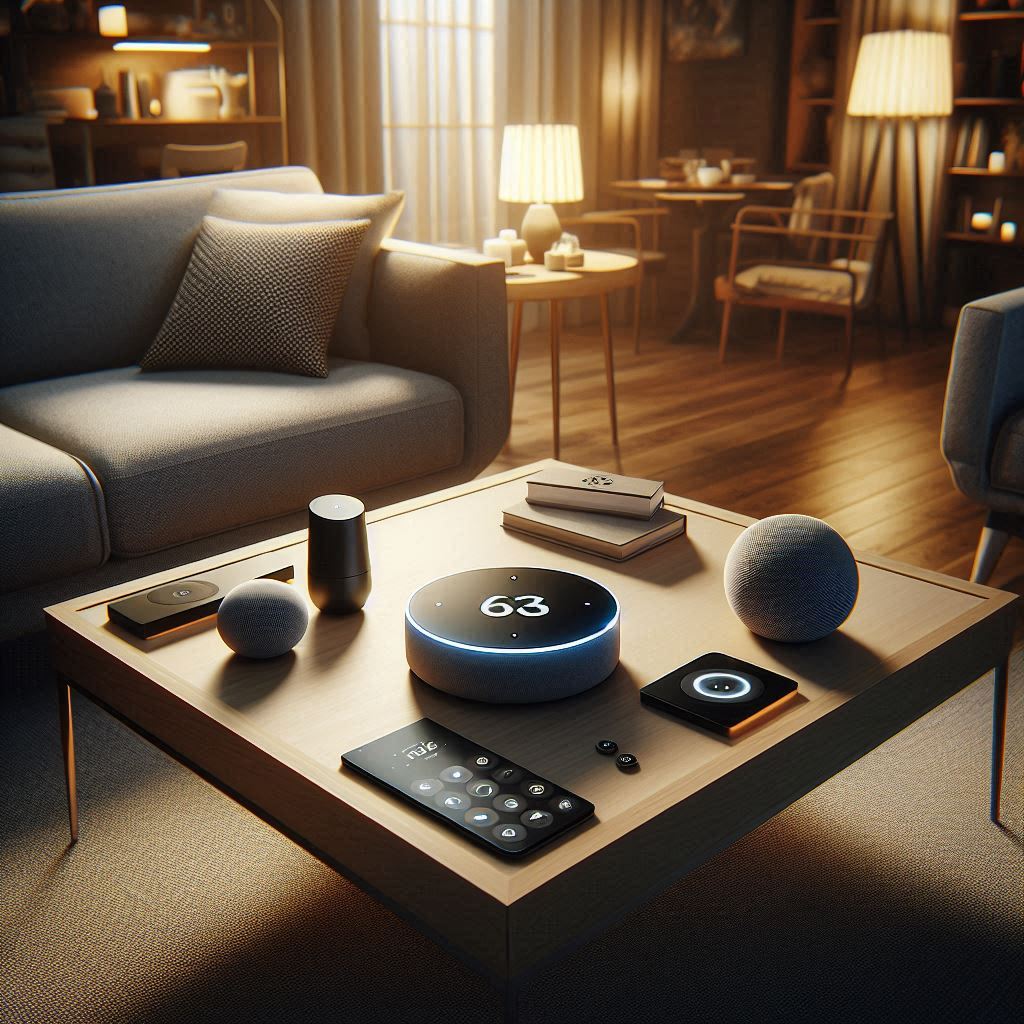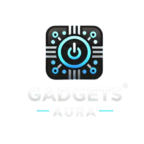Home Automation Hubs
The Brain Behind Your Smart Home in 2024
Your lights dim as your movie starts, your thermostat adjusts before you wake up, and your coffee brews as your alarm rings. This isn’t magic—it’s a home automation hub working behind the scenes. In 2024, these unassuming devices have evolved from niche gadgets to essential tools for seamless smart living. Let’s break down how they work, which models dominate, and how to choose yours.
What Exactly Does a Home Automation Hub Do?
A home automation hub acts as the central command for your smart devices. Think of it as a translator: it connects gadgets that speak different “languages” (like Zigbee, Z-Wave, Wi-Fi, or Bluetooth) and lets them work together. Without one, you’re stuck juggling six apps to turn off the lights.
Take the Amazon Echo (4th Gen), which doubles as a Zigbee hub. Pair it with a Philips Hue bulb (Zigbee) and a Wi-Fi smart plug, and suddenly, “Alexa, goodnight” triggers both devices. Meanwhile, the Hubitat Elevation skips the cloud entirely, executing commands locally for near-instant responses—even if your Wi-Fi dies.
2024’s Top Contenders: Hubs That Just Work
The market’s crowded, but these five stand out:
| Hub | Best For | Compatibility | Voice Assistant | Price |
|---|---|---|---|---|
| Amazon Echo (4th Gen) | Alexa households | Zigbee, Wi-Fi, Bluetooth | Alexa | $99 |
| Google Nest Hub Max | Google ecosystem | Wi-Fi, Thread, Bluetooth | Google Assistant | $229 |
| Apple HomePod Mini | iOS users | Thread, Wi-Fi | Siri | $99 |
| Samsung SmartThings | Mixed-brand setups | Zigbee, Z-Wave, Wi-Fi, Matter | Bixby, Alexa, GA | $129 |
| Hubitat Elevation | Privacy-focused | Zigbee, Z-Wave, Lutron, Wi-Fi | None (local control) | $130 |
Pro Tip: Need voice control and local processing? Pair Hubitat with an Echo or HomePod for the best of both worlds.

Three Non-Obvious Factors to Consider
Your Existing Tech Stack
If you’ve got Ring cameras and a Roomba, an Echo hub minimizes app chaos. Apple loyalists? The HomePod mini’s Thread support future-proofs for Matter, 2024’s universal smart home protocol.Latency Matters More Than You Think
Cloud-dependent hubs (looking at you, older SmartThings models) can lag. During testing, a Hubitat-controlled door unlocked in 0.2 seconds vs. 1.8 seconds via cloud-based systems.The “Invisible” Cost of Privacy
Hubs like Amazon and Google harvest data for ads. Want out? Hubitat and Home Assistant store everything locally.
The Rise of Matter: Why It Changes Everything
Matter, backed by Apple, Google, and Amazon, finally lets devices from competing brands interoperate. Translation: Your Eve door sensor (Thread/Matter) can now trigger your Nest Cam without third-party apps.
But there’s a catch. Older hubs need hardware upgrades to support Matter. The 2024 SmartThings Station is Matter-ready, while older Echoes require a $60 Matter controller.
Setting Up Your Hub: Mistakes to Avoid
Overloading Wi-Fi: Even the best hubs choke if your router’s outdated. Prioritize hubs with Zigbee/Z-Wave to reduce Wi-Fi congestion.
Ignoring Geofencing: Use your phone’s location to automate routines. Leave work? Have your hub preheat the oven and unlock the door.
Forgetting Firmware Updates: A 2023 Parks Associates study found 62% of smart home breaches exploited outdated hubs.
Future-Proofing Your Setup
The next frontier? AI-driven predictive automation. Imagine a hub that learns you never turn on the hallway light after 10 PM and disables it automatically. Early adopters are testing Josh.ai, which uses natural language processing to handle commands like “Make it feel like a tropical vacation” (adjusts lights, temp, and plays ocean sounds).
Final Verdict: Start Here
Renters/Dabblers: Google Nest Hub Max (hassle-free, no wiring)
Tech Enthusiasts: Hubitat Elevation + Echo Dot (max control, minimal latency)
Apple Households: HomePod Mini + Eve Matter accessories
CTA: Already using a hub? Share your setup in the comments—or grab our free Smart Home Buyer’s Checklist to avoid costly mistakes.
Need more? Compare real-world speed tests in Wirecutter’s hub guide or explore DIY setups with Home Assistant’s community.

